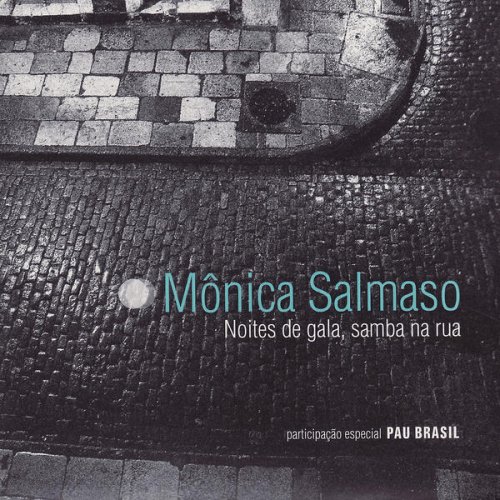Benjamin Zander, Philharmonia Orchestra - Gustav Mahler: Symphony No. 6 (2002)
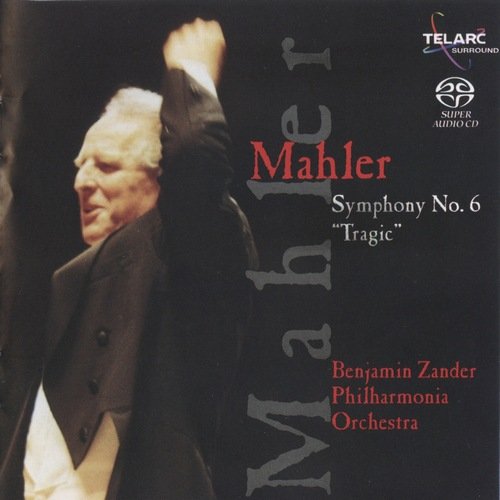
Artist: Benjamin Zander, Philharmonia Orchestra
Title: Gustav Mahler: Symphony No. 6
Year Of Release: 2002
Label: Telarc Surround
Genre: Classical
Quality: FLAC (tracks+.cue,log,scans)
Total Time: 03:18:34
Total Size: 858 Mb
WebSite: Album Preview
Tracklist: Title: Gustav Mahler: Symphony No. 6
Year Of Release: 2002
Label: Telarc Surround
Genre: Classical
Quality: FLAC (tracks+.cue,log,scans)
Total Time: 03:18:34
Total Size: 858 Mb
WebSite: Album Preview
CD 1:
1. I. Allegro energico, ma non troppo: Heftig aber markig 25:27
2. II. Scherzo. Wuchtig 12:29
3. III. Andante Moderato 16:23
CD 2:
1. IV. Finale: Allegro moderato (original version) 31:59
2. IV. Finale: allegro moderato (revised version) 31:58
CD 3:
1. Benjamin Zander Discusses Mahler's Sixth Symphony 79:43
Performers:
Philharmonia Orchestra
Conductor – Benjamin Zander
The Classical Hall of Fame contains recordings that we critics have judged to be worthy of perpetual enshrinement, and thus it would seem an odd place to air one’s purely personal preferences. That being said, however, it is also true that we first receive sensory experience, and it is through this personal portal that we then extrapolate and objectify, so I begin this induction with some personal observations.
The Mahler Sixth was the symphony which convinced me that this was a composer who spoke to me personally—the relationship was cemented with the Ninth, but it was through the Sixth that contact was made. As a non-musician (in the classical sense, anyway), my relationship with this music began with the CBS LPs conducted by Leonard Bernstein. Later recordings by Rafael Kubelík, Georg Solti, and Herbert von Karajan further deepened my love of the piece. When Simon Rattle’s EMI recording was issued—I hadn’t yet heard the Barbirolli or Mitropoulos recordings—I had the opportunity to explore the vexed issue of the inner movements, a controversy which continues to this day, claims of an “authorized version” notwithstanding.
Benjamin Zander recorded the Sixth with his wonderful Boston Philharmonic, a recording that was praised by the cognoscenti but was hampered by limited availability and has now been deleted (though one can obtain it at Boston Philharmonic concerts). With the release of this recording (and its mates in the vital Telarc series), however, even mainstream media finally awoke to the power of Zander’s deep understanding of Mahler. To make the recording even more appealing, the package includes a full-length discussion disc, containing Zander’s insights in his inimitable style. In addition, this recording contains not one but three performances: with the availability on disc 2 of both versions of the finale—the original version, with three hammer strokes and attendant orchestration, and the revised version—the listener can program the original version with Scherzo-Andante and three hammer strokes, the revised version of Andante-Scherzo and two hammer strokes, or that of the Critical Edition. All of this at a single-SACD price too.
This set might qualify, then, as a merely intriguing package—something like Gilbert Kaplan’s Mahler Second. What elevates this performance into the rarified ranks of the truly exceptional are the insight and commitment to be heard throughout the symphony. In the first movement, Zander has modified his tempo from the BPO version: now we hear a more deliberately paced march, which is grimly implacable but just as menacing—Zander has transcended the simplistic concept of energico as pure speed. “Alma” is imbued with a joyous rush unmatched in any other performance. The “music from far away” in the first movement reaches us from Mahler’s beloved mountains, as does the entire Andante, which has seldom sounded this passionate. Either of the finales will elicit an appreciation for Mahler’s unique ability to combine late-Romanticism with early-Expressionism; more important, Zander communicates the sense of utter despair in the face of overwhelming odds. This is perhaps the most depressing music ever composed, and yet, one comes away exhilarated—that is the definition of great art, and it is the feeling I get from this performance.
Telarc’s SACD production sets this performance apart from many other very good ones—the Eschenbach/Philadelphia on Ondine and Tilson Thomas/San Francisco come to mind. The astoundingly detailed recorded sound gives us all of Mahler’s superb orchestration—the hammer strokes have never sounded quite this good before—but it is the Philharmonia that produces them and Zander’s genius that makes those details available to the engineers. Not since Bernstein has Mahler had such a powerful advocate, and this is his finest performance to date. -- Christopher Abbot
The Mahler Sixth was the symphony which convinced me that this was a composer who spoke to me personally—the relationship was cemented with the Ninth, but it was through the Sixth that contact was made. As a non-musician (in the classical sense, anyway), my relationship with this music began with the CBS LPs conducted by Leonard Bernstein. Later recordings by Rafael Kubelík, Georg Solti, and Herbert von Karajan further deepened my love of the piece. When Simon Rattle’s EMI recording was issued—I hadn’t yet heard the Barbirolli or Mitropoulos recordings—I had the opportunity to explore the vexed issue of the inner movements, a controversy which continues to this day, claims of an “authorized version” notwithstanding.
Benjamin Zander recorded the Sixth with his wonderful Boston Philharmonic, a recording that was praised by the cognoscenti but was hampered by limited availability and has now been deleted (though one can obtain it at Boston Philharmonic concerts). With the release of this recording (and its mates in the vital Telarc series), however, even mainstream media finally awoke to the power of Zander’s deep understanding of Mahler. To make the recording even more appealing, the package includes a full-length discussion disc, containing Zander’s insights in his inimitable style. In addition, this recording contains not one but three performances: with the availability on disc 2 of both versions of the finale—the original version, with three hammer strokes and attendant orchestration, and the revised version—the listener can program the original version with Scherzo-Andante and three hammer strokes, the revised version of Andante-Scherzo and two hammer strokes, or that of the Critical Edition. All of this at a single-SACD price too.
This set might qualify, then, as a merely intriguing package—something like Gilbert Kaplan’s Mahler Second. What elevates this performance into the rarified ranks of the truly exceptional are the insight and commitment to be heard throughout the symphony. In the first movement, Zander has modified his tempo from the BPO version: now we hear a more deliberately paced march, which is grimly implacable but just as menacing—Zander has transcended the simplistic concept of energico as pure speed. “Alma” is imbued with a joyous rush unmatched in any other performance. The “music from far away” in the first movement reaches us from Mahler’s beloved mountains, as does the entire Andante, which has seldom sounded this passionate. Either of the finales will elicit an appreciation for Mahler’s unique ability to combine late-Romanticism with early-Expressionism; more important, Zander communicates the sense of utter despair in the face of overwhelming odds. This is perhaps the most depressing music ever composed, and yet, one comes away exhilarated—that is the definition of great art, and it is the feeling I get from this performance.
Telarc’s SACD production sets this performance apart from many other very good ones—the Eschenbach/Philadelphia on Ondine and Tilson Thomas/San Francisco come to mind. The astoundingly detailed recorded sound gives us all of Mahler’s superb orchestration—the hammer strokes have never sounded quite this good before—but it is the Philharmonia that produces them and Zander’s genius that makes those details available to the engineers. Not since Bernstein has Mahler had such a powerful advocate, and this is his finest performance to date. -- Christopher Abbot

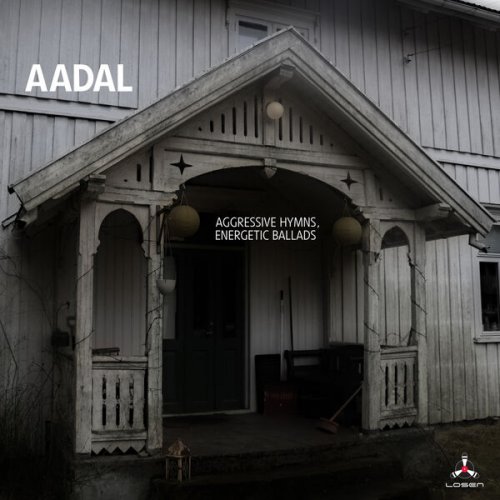
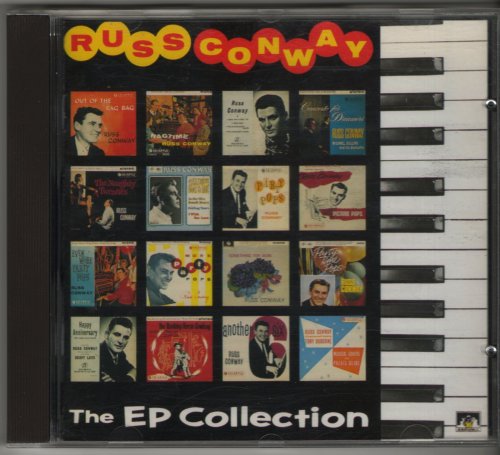
![Freysteinn - Thoughts (2026) [Hi-Res] Freysteinn - Thoughts (2026) [Hi-Res]](https://img.israbox.com/img/2026-02/20/v51kb7e32wkdjbts45lwsh18u.jpg)
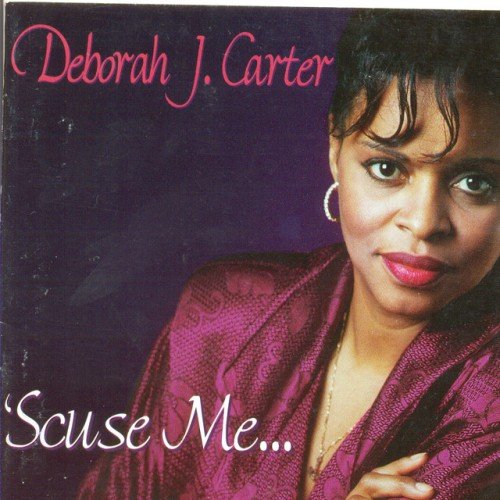
![Eero Koivistoinen - For Children (1970) [2006] Eero Koivistoinen - For Children (1970) [2006]](https://www.dibpic.com/uploads/posts/2026-02/1771615516_ff.jpg)

